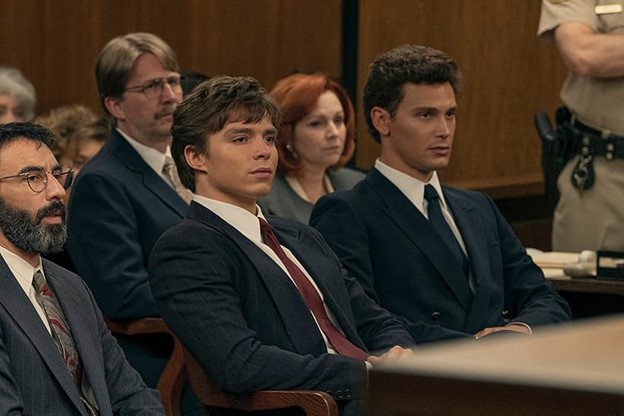
It’s 11 p.m., and you just realized that you have a six page paper due tomorrow. What do you do? Well of course, you have to write the paper if you want to pass the class in question, but you also need to focus. So you might put on your favorite playlist, open a blank document, and hope for the best.
Music can either hinder or help a student’s ability to do work, depending on the person. But while music can be a useful tactic, music with lyrics may complicate things. Research from the University of Dayton found that, in general, students performed better on a test if Mozart was playing in the background than if there was no background music at all.
So music can be either a positive or a negative influence in a student’s working process. But music without lyrics could be even more beneficial than music with them.
But then there are the students who do not want to listen to composers such as Beethoven or Mozart, so once again the question arises: what music should one listen to when they do their homework?
Besides the classics, there are many very talented composers from this century who have produced some amazingly profound pieces of art. Many of these composers have showcased their talents primarily through film scores.
As most people who need instrumental tones to do work listen to classical music, many forget about film scores. In almost all movies, there is a film score of some sort to accompany the storyline. Depending on the genre and composer, each film score presents its own unique tone and style. So with all of the films that have been made to date, there are an incalculable amount of different scores to choose from.
Though this may not always be the case, but some of the most well-regarded and well-reviewed films of recent times yield some of the best musical scores. But depending on your mood, your taste and your level of focus, certain film scores may be more suitable than others.
One of the more well-known film composers of our time is Hans Zimmer, who has composed music for all genres of film. He is well known for his work on “The Lion King,” the “Pirates of the Caribbean,” series and “The Dark Knight” Batman trilogy, among many others. Zimmer’s scores, though they vary, are typically more dramatic, intense and bellicose.
A great score of Zimmer’s to study or do homework to is his work for the 2010 Christopher Nolan movie, “Inception.” If you are really looking to buckle down and focus on your work, this album is an incredibly powerful tool to help you do so.
The song “Time” – a centerpiece of the film – in particular is one that may compel the listener to think harder, work faster and get the job done. The rest of the “Inception” score is equally inspiring, although a few of the songs can shift to more forceful sounds, so those who are looking for a quieter listening experience may want to steer clear.
A more subdued and nuanced film score can be found from the 2013 Spike Jonze movie, “Her.” This score – composed mostly by Canadian indie rock band Arcade Fire – is much less intense and lighter, made up of light piano melodies and the occasional orchestra.
The fact that Arcade Fire was able to compose such calming and melodic tunes showcases its talent as a well-rounded group. The one unfortunate detail about the “Her” film score is that it has never been officially released, so it is unavailable for purchase or streaming.
But, lo and behold, the album can be streamed from YouTube. The tracks “Photograph” and “Song On the Beach” are two of the calmest songs from the score. Their soft, piano-driven melodies are relaxing and are helpful in remaining focused.
Another less intense, but more whimsical film score to listen to is from the 2009 Pixar movie “Up.” Composed by Michael Giacchino, the score to “Up” yields cheery and harmonious pieces through its orchestra-led sound. Giacchino has composed the music for dozens of films, a few of which are other Pixar films such as “The Incredibles” and “Ratatouille.”
One piece on the “Up” score in particular that is both artfully produced and apt for maintaining concentration is “Married Life.” This particular piece merges more orchestral music with a few well-placed piano solos.
In the scheme of things, whatever you choose to listen to while doing homework – as long as you like it and it is not too distracting – will likely help you focus. But film scores should not be forgotten in this music-selection process.
So give a couple of them a listen. You never know, Hans Zimmer could inspire you to write your own masterpiece.
Jessica Chaiken can be reached at [email protected].


















